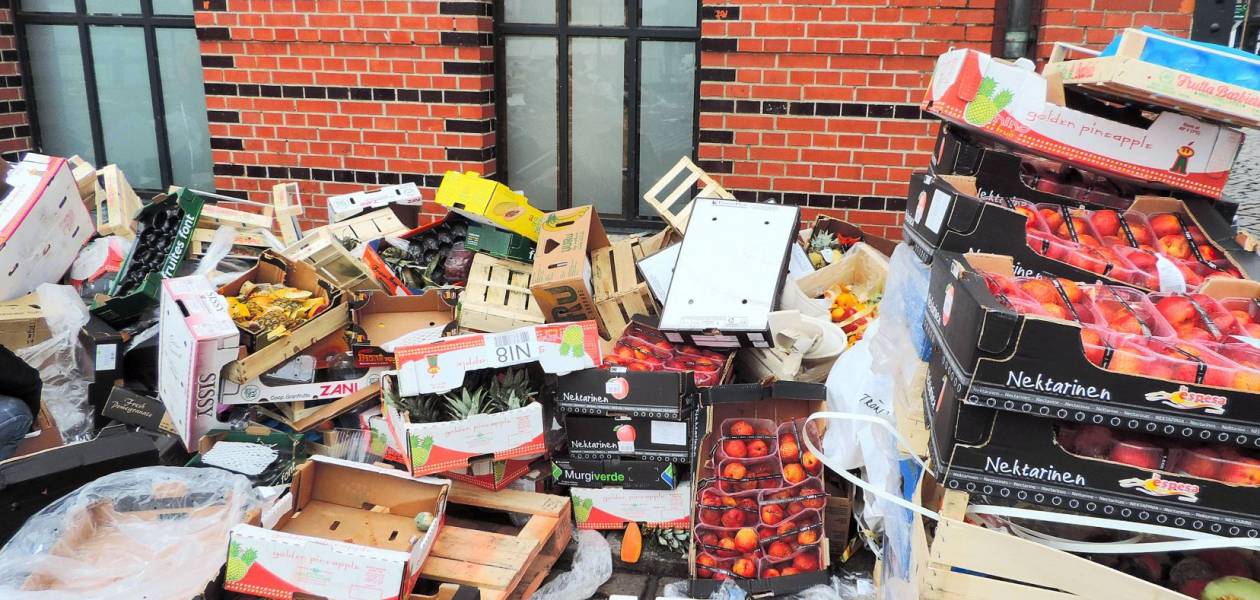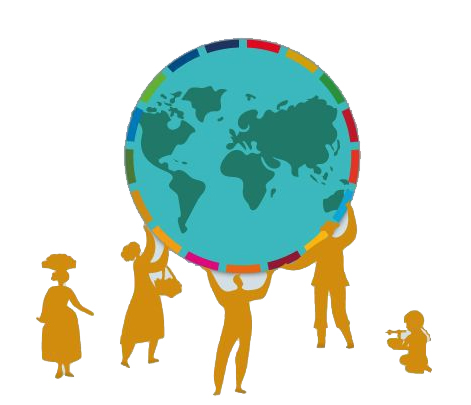
FOOD WASTE
Food is at the heart of global environmental, health and socio-economic issues.
Food waste causes 1/3 of food waste produced in the world without even having been consumed while 1/9 of the world population suffers from hunger.
States cannot remain indifferent to global food waste. More than 41,200 kilograms of food are thrown around the world every second, the amount of food lost throughout the food chain. In addition to the loss of food, and the negative impact on the household budget, it also represents a waste of raw materials and energy that has become incompatible with the sustainable development objectives set both locally and internationally.
According to a report by the Food and Agriculture Organization of the United Nations (FAO), food waste is about 1.3 billion tonnes of food per year, one third of global food production dedicated to consumption.
Throughout the food chain, up to the end consumer, fruit is thrown away because it is unsightly and does not comply with calibration standards, products are thrown away due to a break in the cold chain or damaged during transport. , products discarded by supermarkets because the DLC are outdated, poor management which contributes to the increase in food waste by our professionals.
According to a Dutch study, the ratio of food waste would be underestimated if we consider that this waste is linked to purchasing power. " The value of food decreases when you are rich because the more money you have, the more you buy, the more you are likely to waste " Considering Damaged Fruits and Vegetables, unfinished started products, expired uneaten products, leftover meals not consumed, a surplus purchase which leads to daily food waste in our homes.
We are all affected by food waste . Whether we are private or professional, we are all responsible. We must fight by adopting anti-waste gestures to ensure the safety of all.
Faced with increasing needs on a global scale, sustainable food is emerging as a collective challenge to be taken up and as a way forward for our food industries.
Our professionals must mobilize to limit food waste as much as possible by observing at each stage of production what causes this waste and find solutions to eliminate them if not drastically reduce them. About 14% of the food produced in the world is lost between harvest and retail. Much is also wasted in distribution and consumption.

On September 29, 2020, the United Nations launched the first international food loss and waste awareness day .
Through daily attention, but also through local and global actions, we can optimize the food we produce.
The phenomenon is generating more and more awareness on the part of our authorities.
Many countries are finding effective methods to reduce food waste. Let us inspire each other and create an emulation to fight all together.
On February 11, 2016, France was the first country in the world to adopt strong legislation against food waste. Adopted unanimously successively by the National Assembly (December 9, 2015) and the Senate (February 3, 2016), the law reinforces the government's commitment to halve food losses and waste by 2025. Its main measure consists in forcing each supermarket of more than 400 m² to seek a partnership with a food aid association to give it its unsold food, instead of throwing it away or destroying it. Since then, this Law has been extended to private and public catering as well as to the food industry under certain conditions. Several wholesale markets in developed countries donate their unsold food to associations.
On June 23, 2017, 5 ministries on behalf of the Norwegian government and 12 food industry organizations signed a binding agreement aimed at halving food waste along the chain by 2030.
Denmark has reduced food waste by 25% in just 5 years.
Japan, and South Korea followed suit,
According to the FAO (Food and Agriculture Organization), the direct economic consequences of wasting agricultural products (excluding fish and seafood) are estimated at 750 billion dollars per year worldwide . The right measures are urgently needed to reduce this appalling and dramatic figure.
Posted on 2021-02-22 11:00








Comments